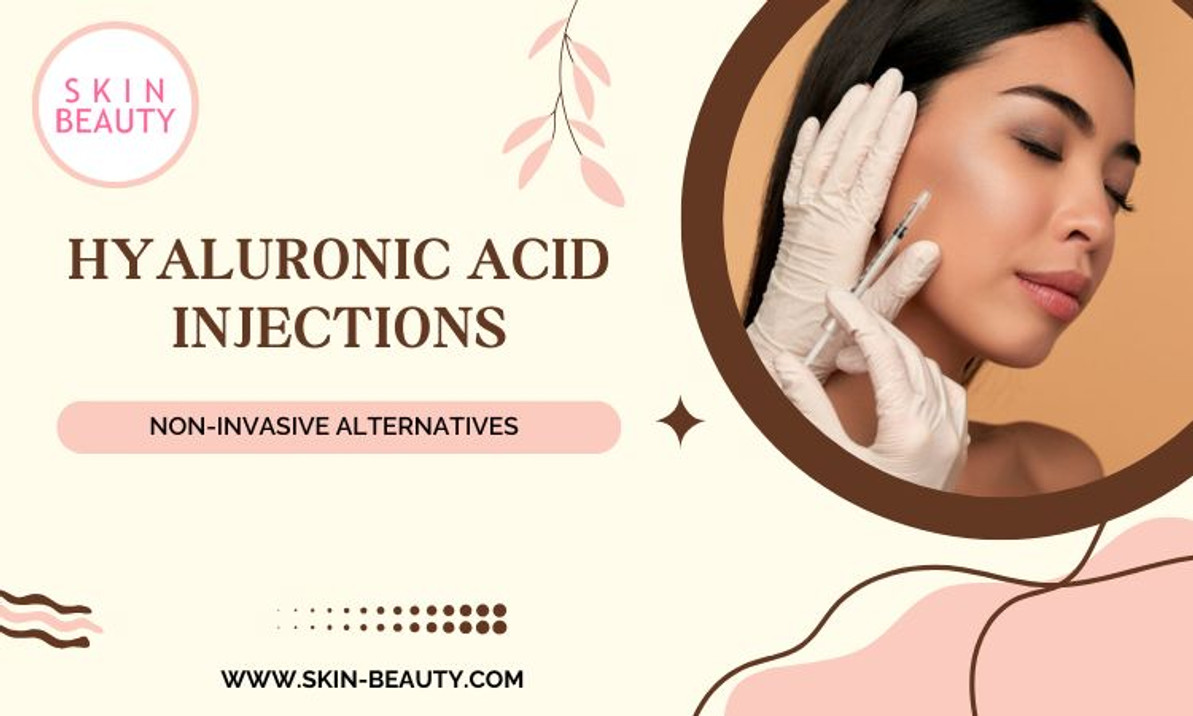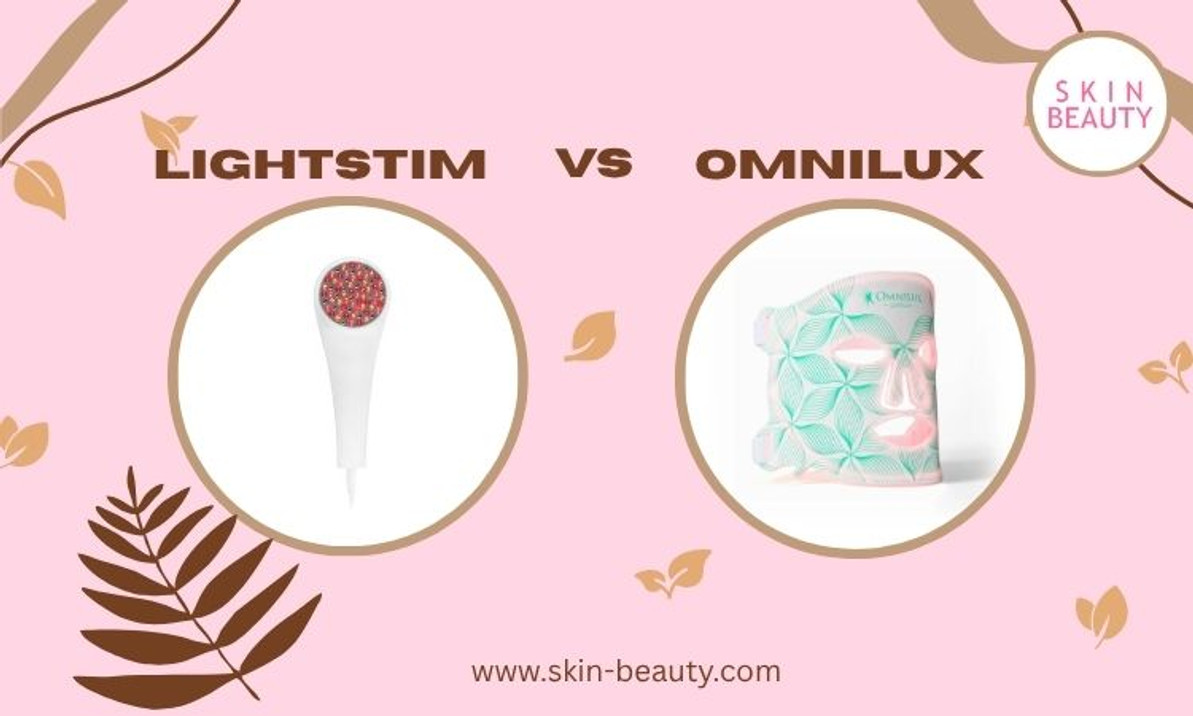Mandelic Acid Benefits
Unlocking the Benefits of Mandelic Acid for Your Skin
Do you long for radiant, smooth, and even-toned skin? Mandelic acid might just be the answer you’ve been searching for! This gentle alpha hydroxy acid, derived from almonds, offers impressive benefits for various skin types, especially those with sensitive skin. Ready to unlock the secrets of mandelic acid for your skin? Let’s dive in!
Key Takeaways
- Mandelic acid is an effective and gentle AHA suitable for all skin types, providing sebum regulation, pore unclogging, inflammation reduction and decreased acne breakouts.
- Enjoy a radiant complexion with its powerful exfoliating properties while controlling sebum production for clear healthy skin.
- Transform your complexion with mandelic acid’s ability to improve texture, reduce hyperpigmentation & minimize fine lines & wrinkles, safely!
Mandelic Acid: A Gentle Alpha Hydroxy Acid
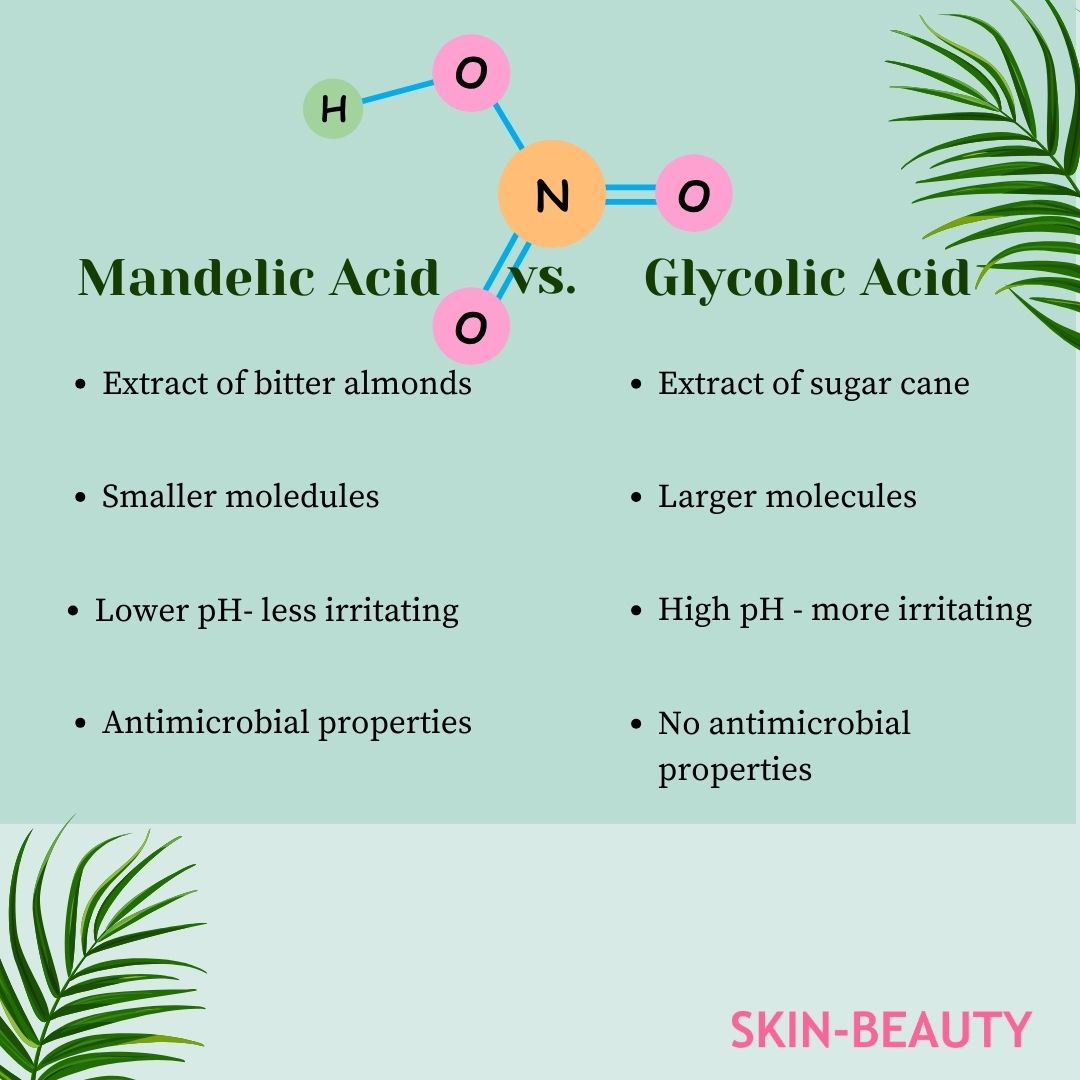
Mandelic acid is a remarkable gentle alpha hydroxy acid (AHA) derived from bitter almonds. It has gained popularity in the skincare world due to its suitability for a wide range of skin types, including those with sensitive and acne-prone skin. Its unique properties make it a fantastic alternative to glycolic acid peels, as it can:
- Regulate sebum production
- Unclog pores
- Reduce inflammation
- Lead to fewer acne breakouts
You might wonder what makes mandelic acid standout among other alpha hydroxy acids and why it is particularly gentle on the skin. Let’s delve into this.
Origin and Molecular Size
Mandelic acid was delightfully discovered in 1831 by German pharmacist Ferdinand Ludwig Winckler while heating amygdalin, an extract of bitter almonds, with diluted hydrochloric acid. Its larger molecular size ensures gentle skin penetration and minimal irritation, making mandelic acid a popular choice for sensitive skin types and a staple ingredient in chemical peels. In comparison, salicylic acid is another common ingredient used in skincare products, but mandelic acid remains the preferred option for those with sensitive or skin conditions.
Unlike other alpha hydroxy acids with smaller molecular sizes, mandelic acid - the gentle giant of the AHA world, penetrates the top layers of skin at a slower pace, thereby reducing the potential for irritation.
Comparison to Glycolic Acid
When comparing mandelic acid to glycolic acid, the key difference lies in their molecular sizes. Mandelic acid’s larger molecule size allows for slower skin penetration, resulting in a gentler and less irritating experience. Glycolic acid, on the other hand, has a smaller molecular size, allowing it to penetrate the skin more effectively.
This attribute of mandelic acid enables it to be a kinder and more tolerable option for sensitive skin types, without compromising on its exfoliation and rejuvenation benefits.
Ideal for Sensitive Skin
Mandelic acid’s gentle nature and low risk of irritation make it ideal for sensitive skin types. Its larger molecular size allows for slower absorption, ensuring that even the most delicate skin can reap the benefits without the worry of redness or discomfort.
Hence, if you’re seeking an exfoliating and rejuvenating treatment for your sensitive skin, mandelic acid could be an ideal match.
Mandelic Acid's Versatility in Skincare
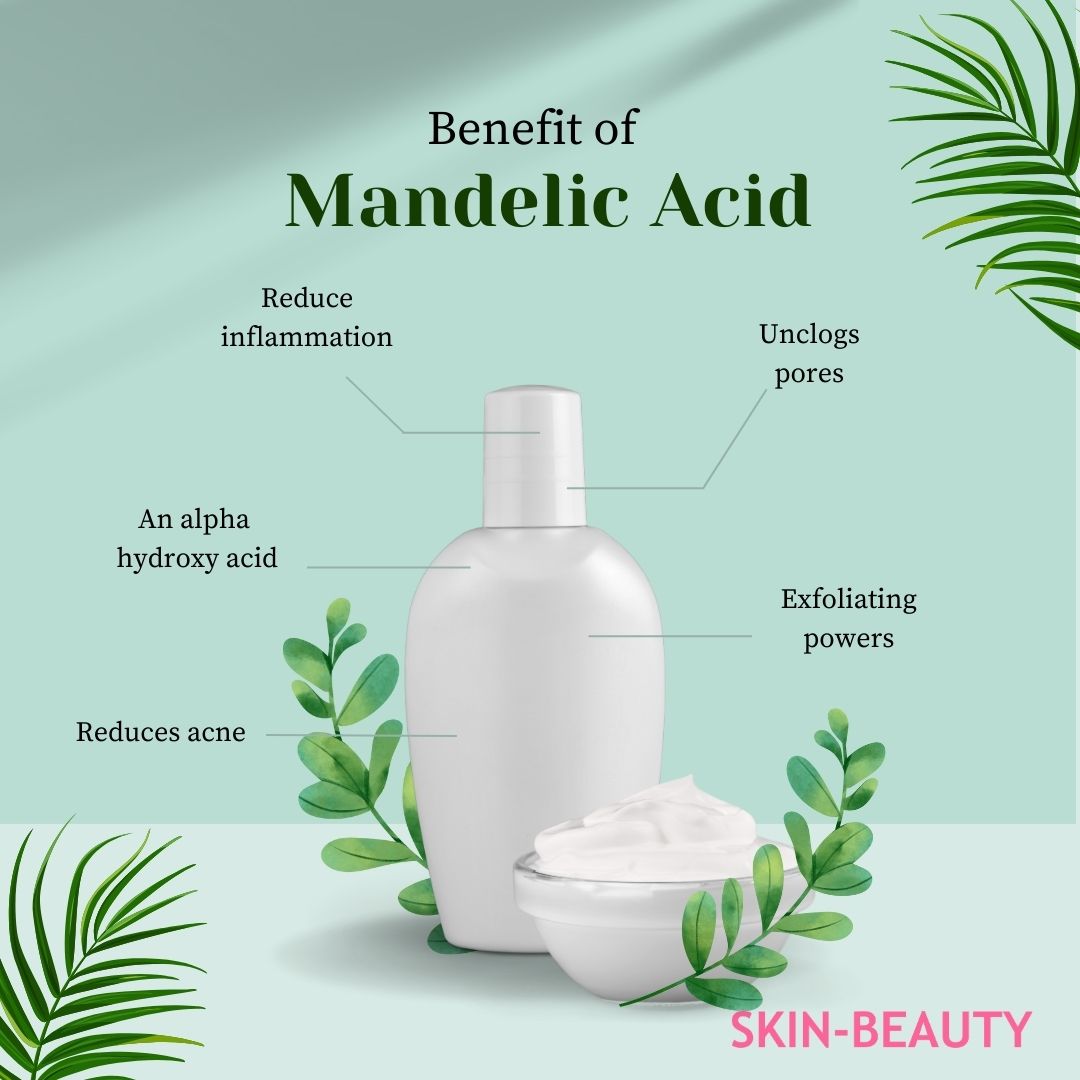
One of the reasons mandelic acid has become a skincare superhero is its versatility. This amazing AHA offers a plethora of skin-enhancing benefits, such as exfoliation, unclogging pores, and reducing inflammation. With its gentle yet effective nature, mandelic acid has the power to transform your skin, leaving it smooth, radiant, and blemish-free.
Wondering about the nitty-gritty details? Let’s delve into each of these beneficial characteristics.
Exfoliation Power
Mandelic acid works wonders in exfoliating the top layer of skin, gently removing dead skin cells to reveal a smoother, brighter complexion. As it encourages the natural regeneration of skin cells, you’ll be left with a firmer, more radiant appearance.
Embrace a beautifully bright and even-toned complexion as you bid adieu to dull, lifeless skin with the exfoliating prowess of mandelic acid.
Unclogging Pores
Mandelic acid’s ability to penetrate deeper into oily pores compared to other AHAs makes it incredibly effective in unclogging pores. By dissolving blackheads and comedones, removing excess oil and impurities, and controlling sebum production, mandelic acid can help reduce the appearance of acne and prevent future breakouts.
A mandelic acid treatment could be your ticket to clear, healthy skin!
Reducing Inflammation
In addition to its exfoliating and pore-clearing properties, mandelic acid shines in its ability to reduce inflammation. Its antibacterial properties help eliminate acne-causing bacteria from skin surface, while its anti-inflammatory effects reduce redness and irritation.
Mandelic acid is indeed a well-rounded skincare solution, providing extensive benefits that help your skin look and feel at its best.
Transforming Your Complexion with Mandelic Acid
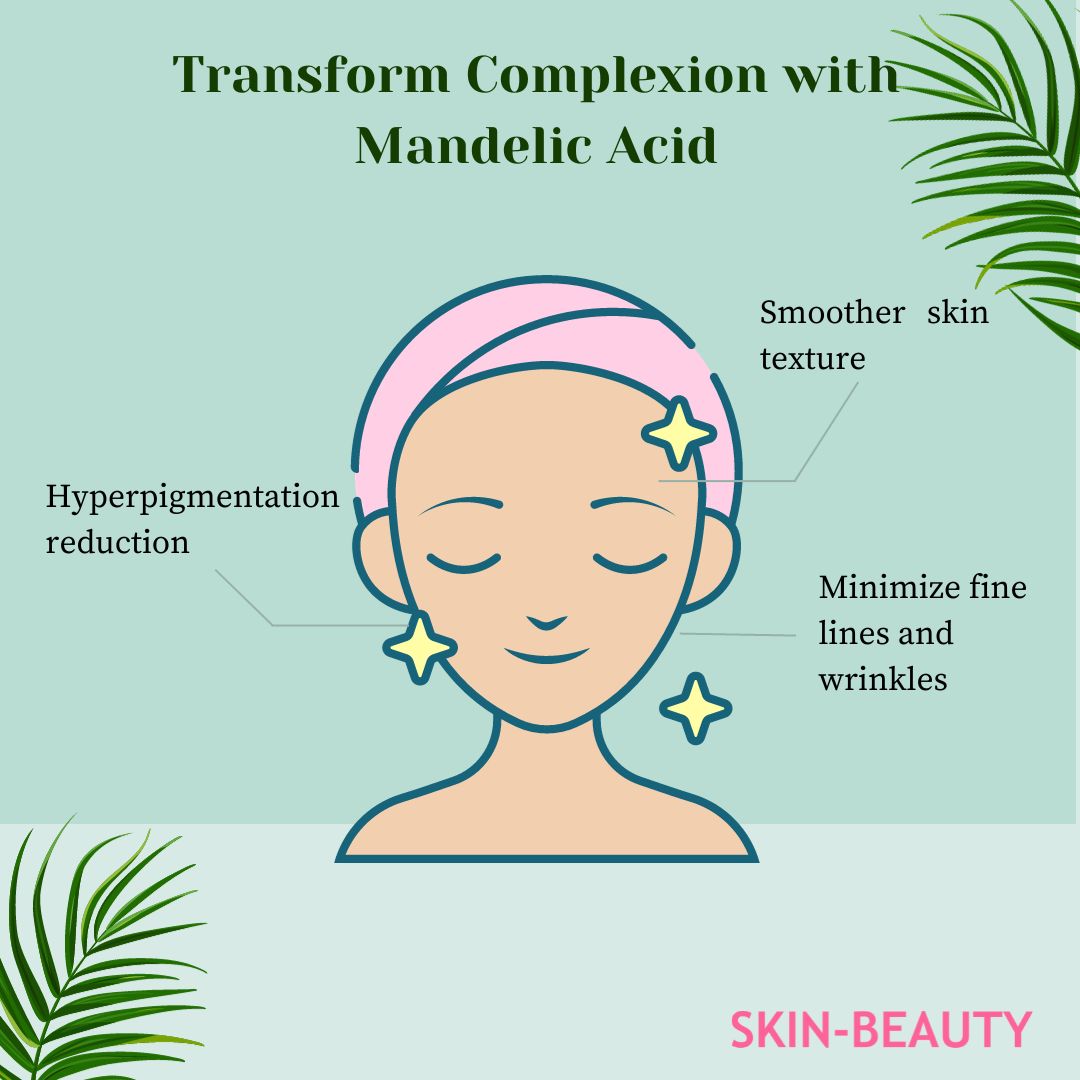
By now, it’s clear that mandelic acid is a game-changer for your skin. Its ability to improve skin texture, reduce hyperpigmentation, and minimize fine lines and wrinkles can truly transform your complexion. But how exactly does mandelic acid achieve these fantastic results?
Let’s take a closer look at the science behind this incredible AHA.
Smoother Skin Texture
Regular use of mandelic acid leads to:
- Softer, more balanced skin texture
- Exfoliating action that encourages the removal of dead skin cells
- Firmer and smoother complexion
- Skin that feels amazing to the touch
- More even and radiant appearance
Get ready to welcome the silky, smooth skin you truly deserve!
Hyperpigmentation Reduction
Mandelic acid can work wonders in reducing hyperpigmentation and lightening dark spots. By targeting melanin-producing cells in the skin, mandelic acid helps reduce the visibility of hyperpigmentation, leaving you with a more even and brighter complexion.
Say goodbye to stubborn dark spots and acne scars, and hello to beautifully even skin.
Minimizing Fine Lines and Wrinkles
One of the most sought-after benefits of mandelic acid is its ability to minimize the appearance of fine lines and wrinkles. By stimulating collagen production, mandelic acid helps rejuvenate the skin, replacing damaged and older skin cells with newer, firmer skin cells. The result is a more youthful, elastic appearance, and a reduction of wrinkles and fine lines.
With the help of mandelic acid, aging can be a graceful process.
How to Use Mandelic Acid Safely
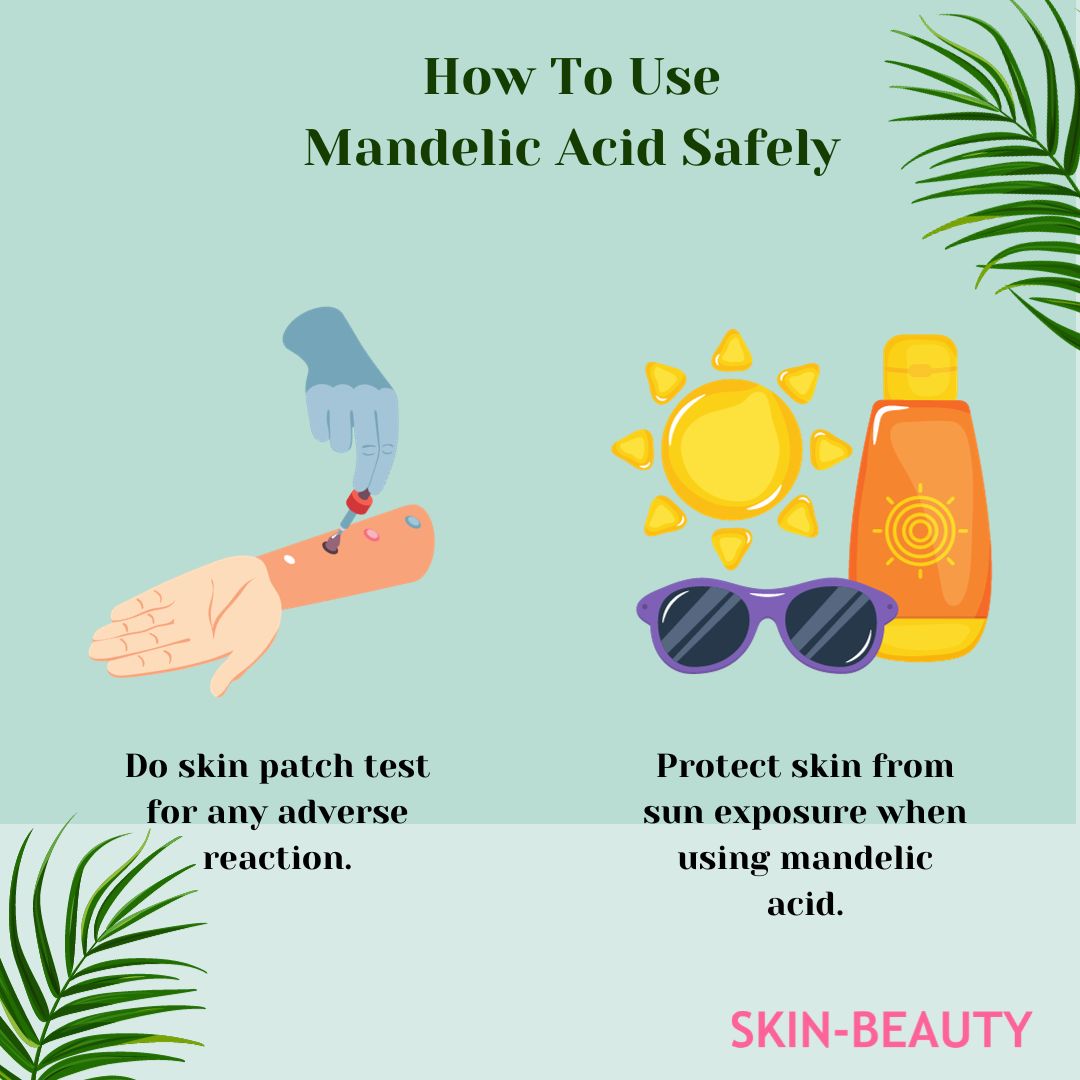
To enjoy the full benefits of mandelic acid without any unwanted side effects, it’s important to use it safely. This includes performing patch testing, using sun protection, and being aware of potential interactions with other active ingredients.
Let’s examine each of these safety measures in detail to help you integrate mandelic acid into your skincare routine with confidence.
Patch Testing
Patch testing is a crucial step to ensure your skin can tolerate mandelic acid without irritation. By applying a small amount of the product to a discreet area of skin and observing for any adverse reactions, patch test, you can avoid potential allergic reactions or skin irritation.
When introducing a new product into your skincare routine, being cautious is always a better approach.
Sun Protection
Sun protection is essential when using mandelic acid, as it can increase your skin’s sensitivity to UV rays. Be sure to apply a broad-spectrum sunscreen with an SPF of 30 or higher daily to protect your skin from sun damage, premature aging, and other sun-related skin issues. Don’t forget to reapply throughout the day, especially after swimming or sweating.
Active Ingredient Interactions
When using mandelic acid, it’s important to be cautious when combining it with other active ingredients, such as retinol, to avoid potential skin irritation. Consult with a dermatologist or skincare professional for guidance on how to safely incorporate mandelic acid into your skincare routine alongside other active ingredients.
Mandelic Acid Peels vs. At-Home Products
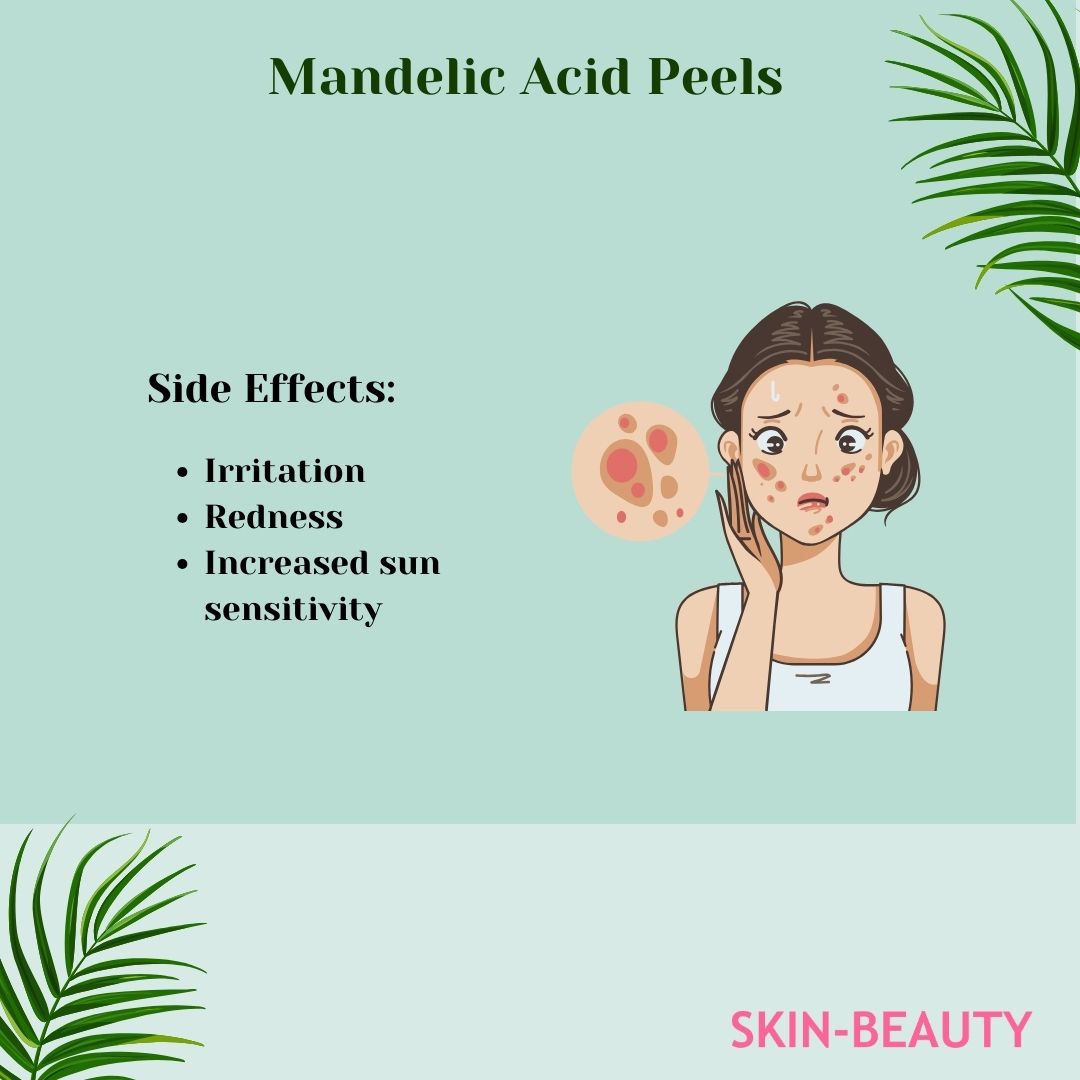
While both mandelic acid peels and at-home products offer incredible skincare benefits, they differ in potency, side effects, and usage recommendations. To guide you in choosing the option that best suits your skincare needs, let’s weigh the pros and cons of each.
Potency and Efficacy
Professional mandelic acid peels are more potent and effective than at-home products, providing more intensive exfoliation and skin rejuvenation. However, with increased potency comes the potential for more side effects.
At-home products are gentler and can be used more often with fewer side effects, making them a great option for those with sensitive skin or looking for a more gradual approach to skincare.
Side Effects and Risks
Side effects and risks associated with mandelic acid peels can include irritation, redness, and increased sun sensitivity. It’s important to consult with a professional before undergoing a mandelic acid peel, as they can provide guidance on how to minimize these risks and ensure the best possible outcome for your skin.
Professional vs. At-Home Usage
When deciding between professional mandelic acid peels and at-home products, consider your skincare goals, budget, and lifestyle. Professional peels are best for those seeking more dramatic results and are willing to invest in the cost and time required for treatments.
At-home products offer more convenient, gradual improvement and these skin care products can be easily incorporated into your regular skincare routine. Ultimately, the choice is yours!
Top Mandelic Acid Products to Try
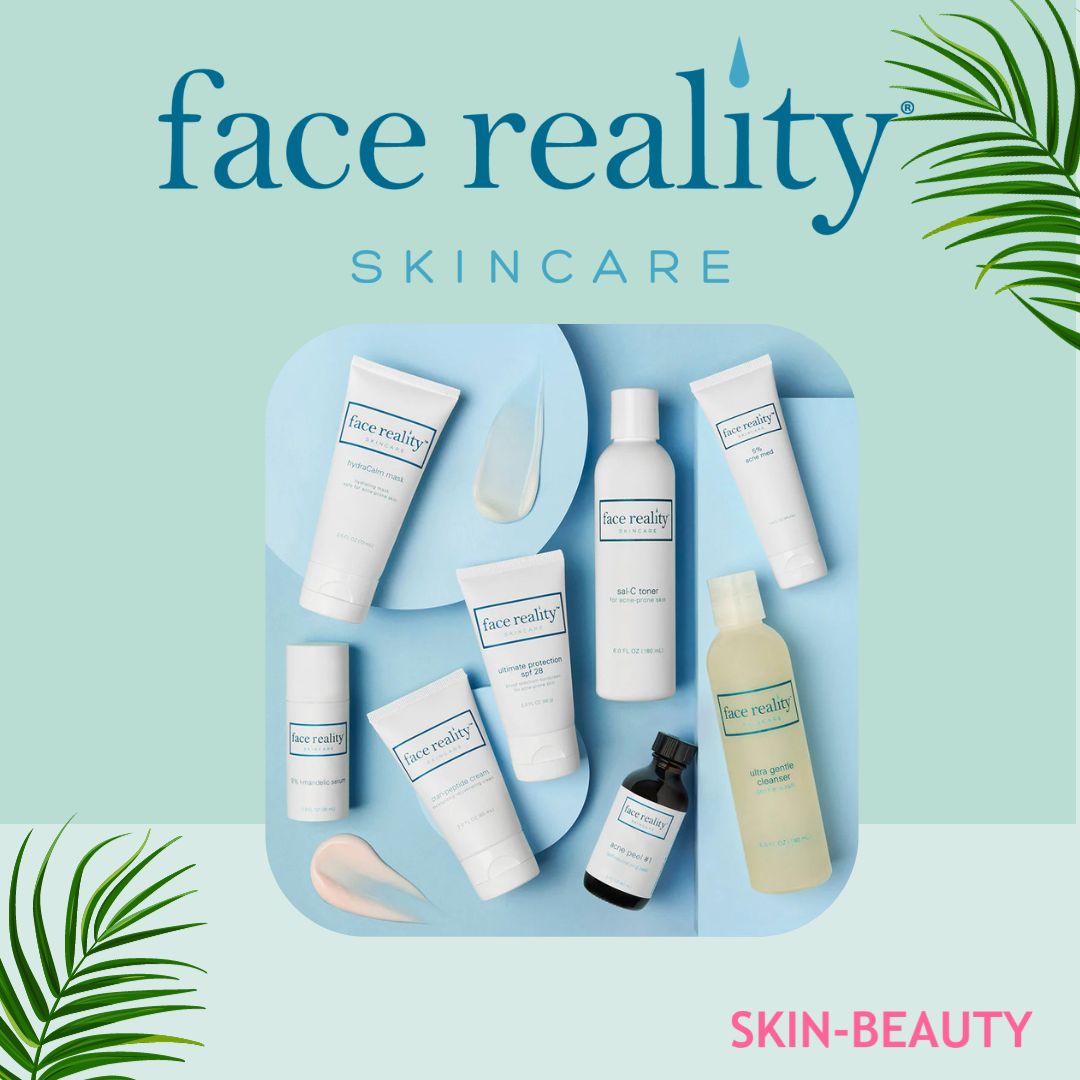
Looking forward to adding mandelic acid to your skincare regimen? We’ve got your back! This section introduces you to top-notch mandelic acid products, featuring the highly-recommended Face Reality L-Mandelic Serum, among other splendid options that cater to your skincare needs and preferences.
Face Reality L-Mandelic Serum
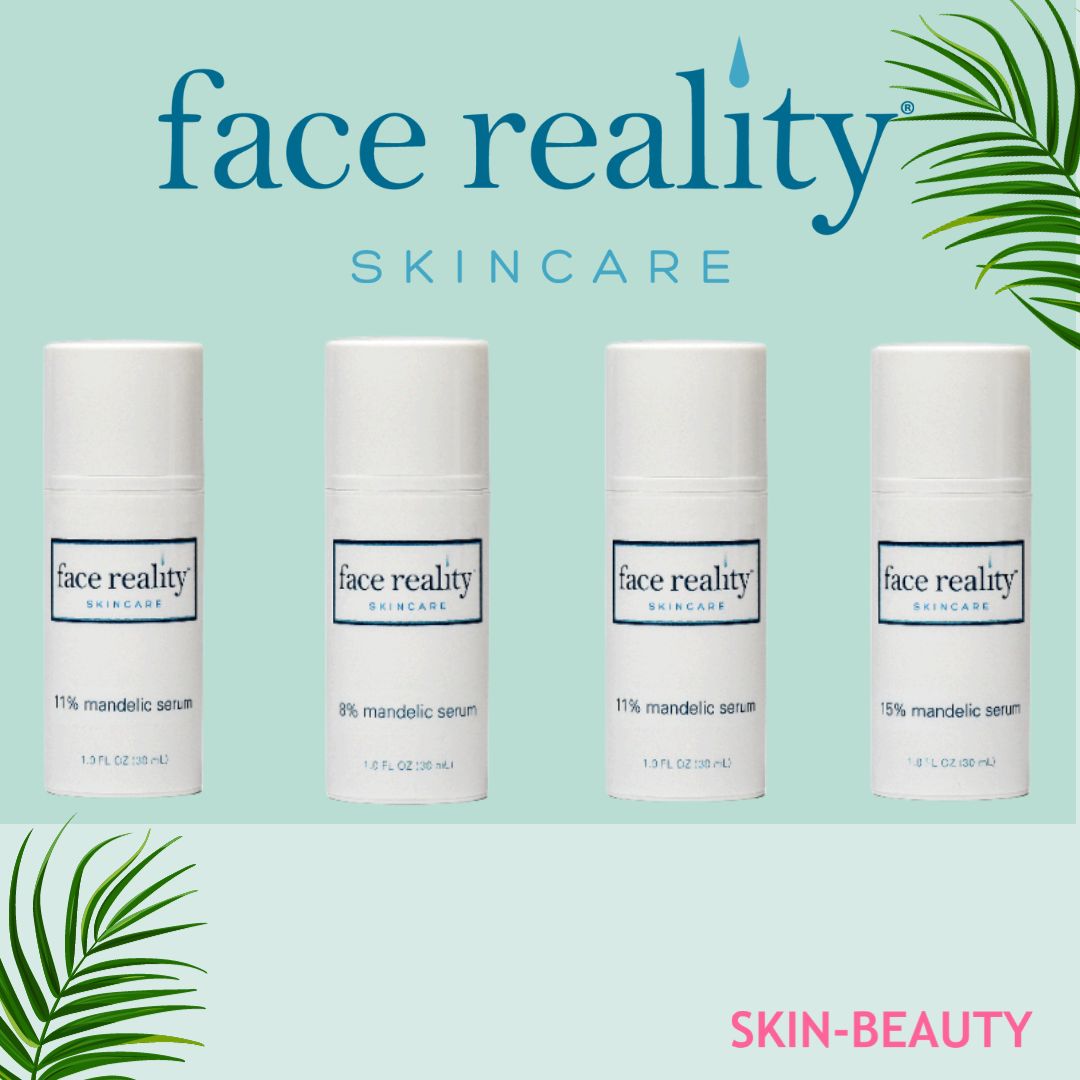
Face Reality L-Mandelic Serum is an outstanding option for those looking to reap the benefits of mandelic acid. This effective and gentle formulation is praised for its ability to:
- Brighten the skin
- Suppress hyperpigmentation
- Enhance cell turnover
- Improve skin tone and texture
With its multitude of benefits, Face Reality L-Mandelic Serum is a must-try product for anyone looking to improve their complexion.
Other Recommended Products
In addition to Face Reality L-Mandelic Serum, there are several other mandelic acid products worth trying. These include:
- The Ordinary Mandelic Acid 10% + HA
- U Beauty Resurfacing Compound
- Allies of Skin Mandelic Acid products
- Naturium Mandelic Topical Acid 12%
- ISDIN ISDINCEUTICS Melaclear Advanced 12 Weeks Dark Spots Correcting Serum
- Dr Dennis Gross Alpha Beta Universal Daily Peel (30 Pack)
Experiment with different products to find the best fit for your skincare needs and preferences.
Summary
Mandelic acid has proven itself to be a powerful ally in the pursuit of radiant, healthy skin. Its gentle nature, versatility, and ability to transform your complexion make it a must-have addition to your skincare routine. Whether you opt for professional peels or at-home products, be sure to use mandelic acid safely, and enjoy the stunning results that await you. So, why wait? Embrace the magic of mandelic acid and let your skin shine!
Frequently Asked Questions
What does mandelic acid do to your skin?
Mandelic acid is a powerful, gentle alpha hydroxy acid (AHA) that can help reduce acne, fine lines and wrinkles, and improve the appearance of uneven skin texture. It also boosts collagen production, which can further slow down the aging process and make your skin look younger.
Can you use mandelic acid everyday?
Mandelic acid is the gentlest AHA and suitable for all skin types, so you can safely use it daily. We suggest starting with lower percentages first to allow your own skin type to become acclimated before increasing the strength.
Is mandelic acid better than retinol?
Mandelic acid and retinol are both excellent skincare ingredients with different benefits. Retinol is known for its anti-ageing properties, while mandelic acid is best at tackling acne and blemishes. Depending on what you're trying to achieve, either could be the right choice for you.
What not to mix with mandelic acid?
Mandelic acid should not be mixed with other acids like lactic, glycolic or salicylic acid, as it can cause over-exfoliation and discomfort. It's best to stick to serums, creams and moisturizers instead.
What is mandelic acid?
Mandelic acid is a powerful but gentle AHA derived from bitter almonds, making it perfect for people with sensitive and acne-prone skin.
Recent Posts
-
Hyaluronic Acid Injections
Hyaluronic Acid Injections: What to Know & Non-Invasive Alternatives That Actually Work In the p …Jun 17th 2025 -
Kojic Acid Creams
My Kojic Acid Journey: How One Ingredient Transformed My Skin (And the Best Kojic Acid Creams to Try …Jun 11th 2025 -
LightStim vs. Omnilux
LightStim vs. Omnilux: My Real LED Skincare Results & Which One I Recommend LED light therapy&nb …Jun 3rd 2025


